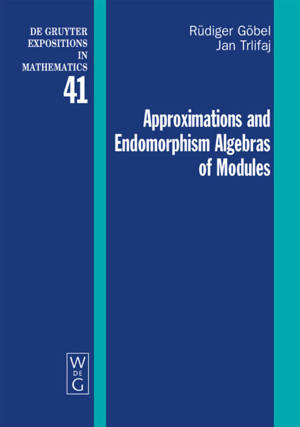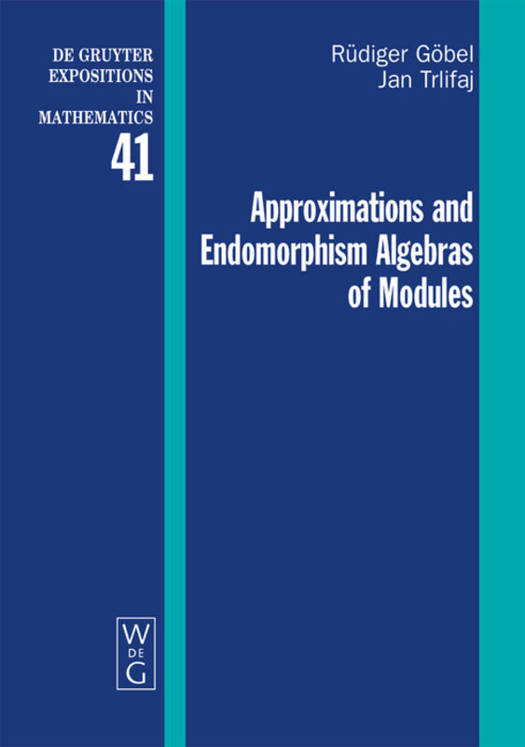
- Afhalen na 1 uur in een winkel met voorraad
- Gratis thuislevering in België vanaf € 30
- Ruim aanbod met 7 miljoen producten
- Afhalen na 1 uur in een winkel met voorraad
- Gratis thuislevering in België vanaf € 30
- Ruim aanbod met 7 miljoen producten
Omschrijving
The category of all modules over a general associative ring is too complex to admit any reasonable classification. Thus, unless the ring is of finite representation type, one must limit attempts at classification to some restricted subcategories of modules.
The wild character of the category of all modules, or of one of its subcategories C is often indicated by the presence of a realization theorem, that is, by the fact that any reasonable algebra is isomorphic to the endomorphism algebra of a module from C. This results in the existence of pathological direct sum decompositions and these are generally viewed as obstacles to the classification. Realization theorems have thus become important indicators of the non-classification theory of modules.
In order to overcome this problem, approximation theory of modules has been developed over the past few decades. The idea here is to select suitable subcategories C whose modules can be classified, and then to approximate arbitrary modules by ones from C. These approximations are neither unique nor functorial in general, but there is always a rich supply available appropriate to the requirements of various particular applications. Thus approximation theory has developed into an important part of the classification theory of modules.
In this monograph the two methods are brought together. First the approximation theory of modules is developed and some of its recent applications, notably to infinite dimensional tilting theory, are presented. Then some prediction principles from set theory are introduced and these become the principal tools in the establishment of appropriate realization theorems.
The monograph starts from basic facts and gradually develops the theory towards its present frontiers. It is suitable both for graduate students interested in algebra and for experts in module and representation theory.
Specificaties
Betrokkenen
- Auteur(s):
- Uitgeverij:
Inhoud
- Aantal bladzijden:
- 664
- Taal:
- Engels
- Reeks:
- Reeksnummer:
- nr. 41
Eigenschappen
- Productcode (EAN):
- 9783110110791
- Verschijningsdatum:
- 18/07/2006
- Uitvoering:
- Hardcover
- Formaat:
- Genaaid
- Afmetingen:
- 170 mm x 240 mm
- Gewicht:
- 1219 g

Alleen bij Standaard Boekhandel
Beoordelingen
We publiceren alleen reviews die voldoen aan de voorwaarden voor reviews. Bekijk onze voorwaarden voor reviews.











